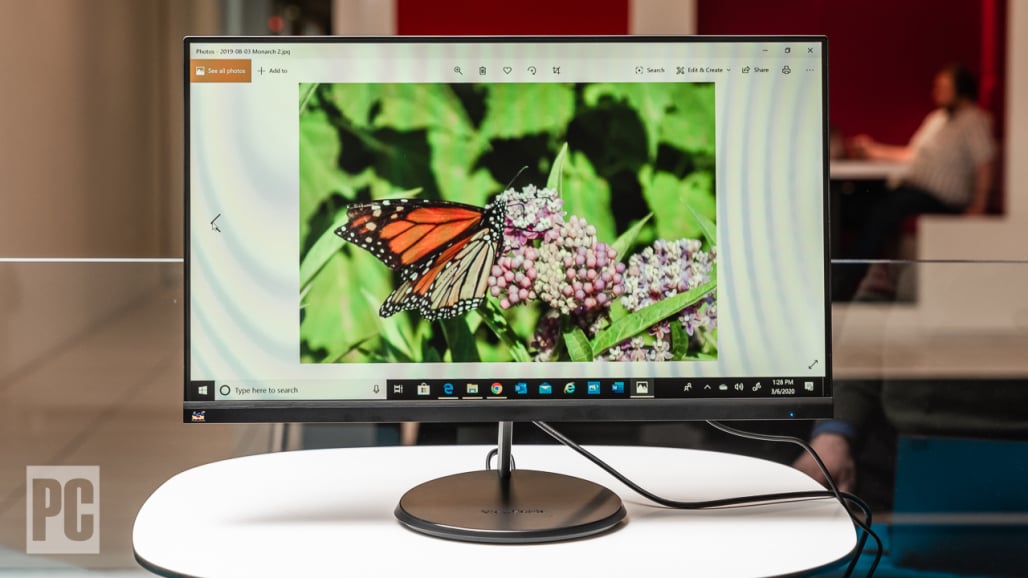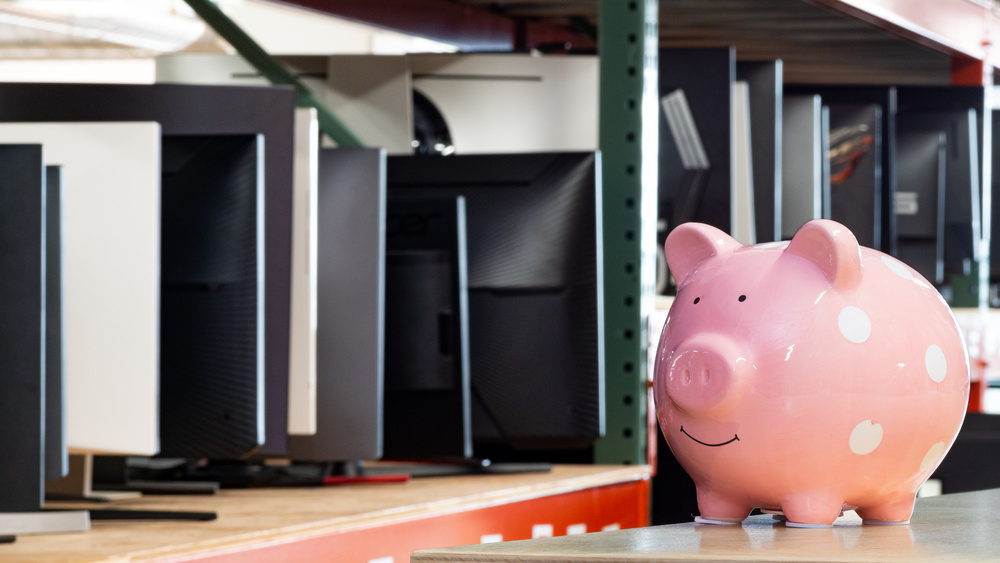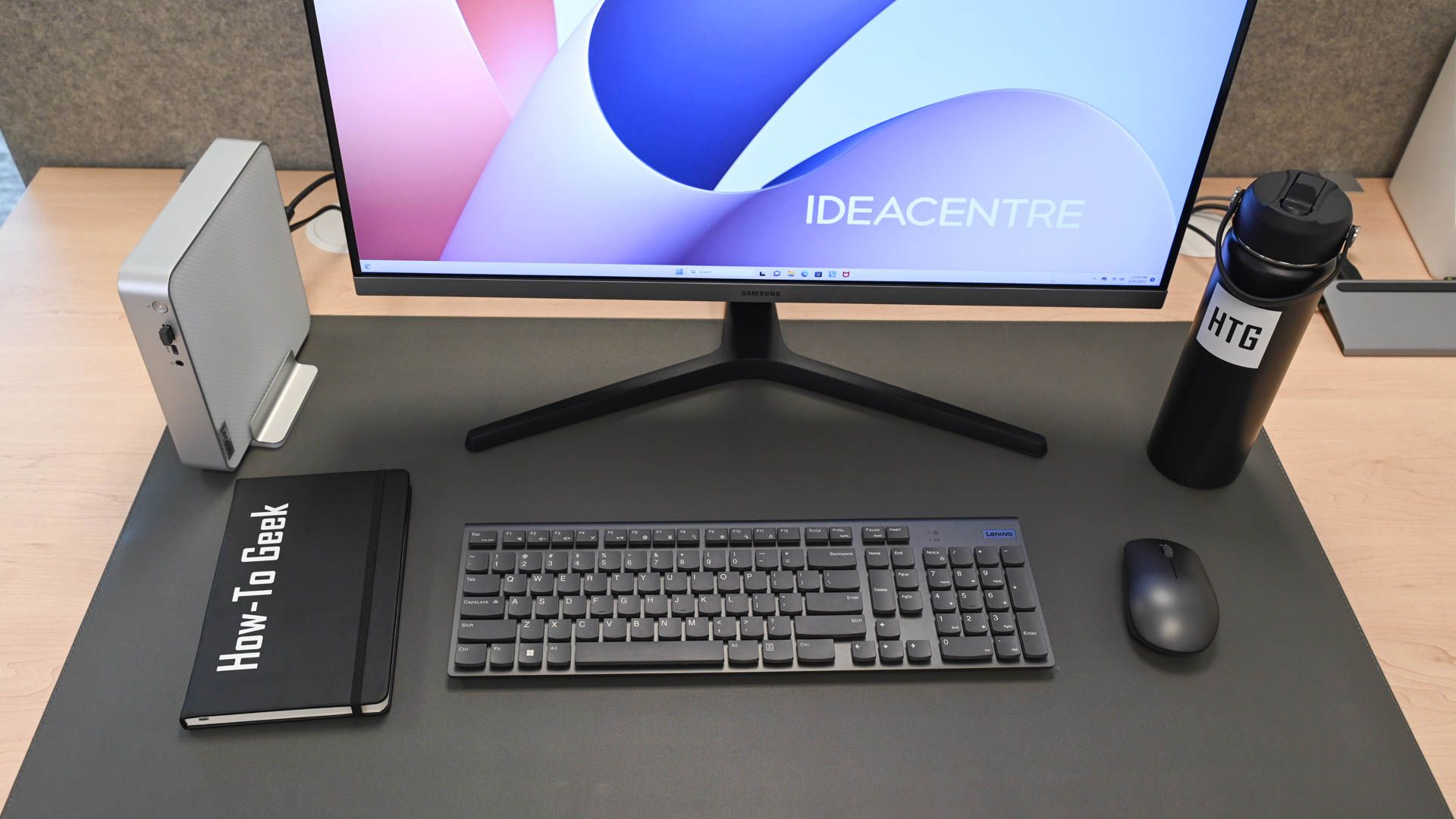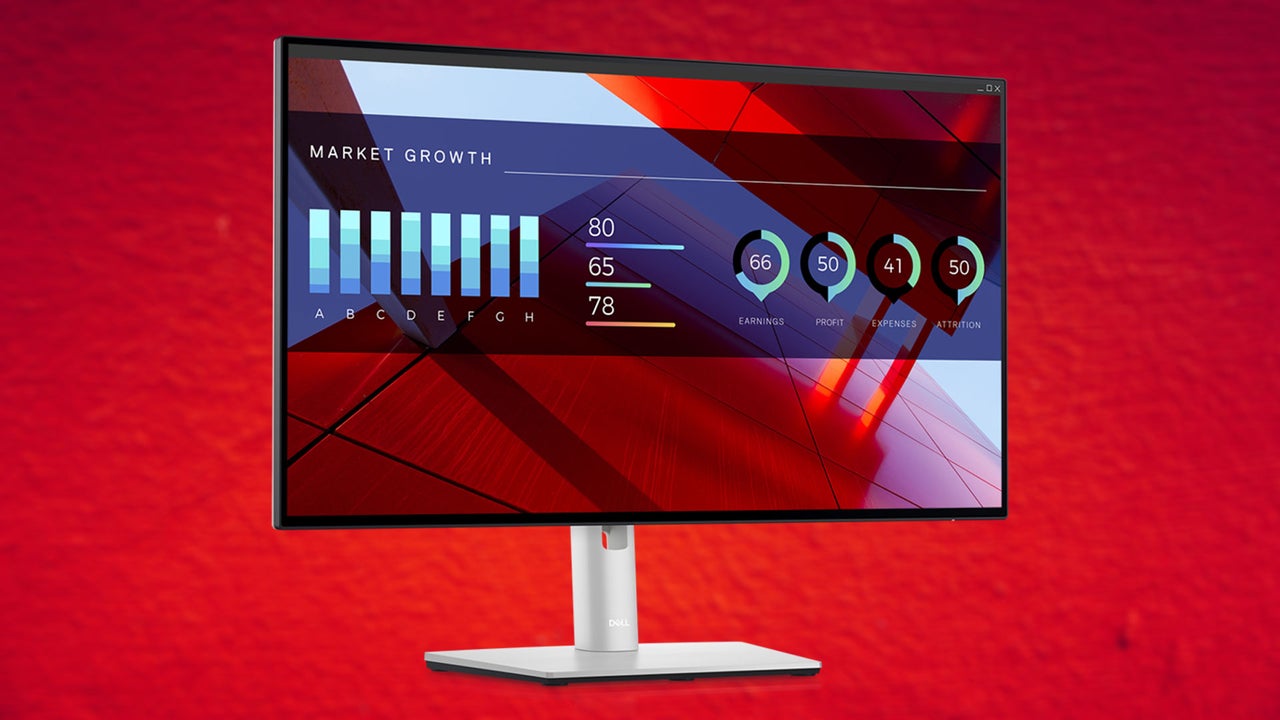prefer components with a long lifespan … high-quality components even if it means lower spec
Welcome to the forum

I'm in a similar situation, in that my PC's first priority is to support my work. I'm out of the loop on current components, so just the general principles I will use on next build:
♣ Prioritize PSU—Power Supply
This guy regulates & distributes electricity to everything in the case. Don't save money here, get a top model.
Invest in an UPS—Uninterruptible Power Supply
This will give you 15-30 minutes to shut down your system whenever something happens with power. It'll also smooth out any spikes and troughs in the ongoing supply, and just give you peace of mind.
♦ Prioritize Heat management
Heat is the #1 enemy of hardware, along with bad electricity. So case, cooling system, cable management and internal parts layout need to handle heat as their #1 job.
♥ Prioritize Motherboard
Similar to PSU function, mobo distributes all the digital stuff to and from the various other parts. Focus on known quality rather than heavily marketed bells & whistles.
You mention 'upgrade path' so make sure you don't choose a mobo where its socket is about to go obsolete for future CPUs.
♠ Kitchen and Bathroom
Now you can get into the 'good stuff', the sexy parts—like in your house

But if the foundations, roof and temperature controls aren't forget-about good, you'll be uncomfortable pretty quickly, no matter how wonderful your kitchen is.
♣ Don't buy latest generation
These are the ones which usually have the most bugs and highest failure rates, cost a lot more, and generally have only around 5-10% performance gain—which only kicks in if your apps & games are coded to use the new stuff.
There's usually a 'sweet spot' in the last or 2nd-last generation where price and performance make sense.
♦ Avoid functions you don't need
Since you want reliability mainly, you won't be eg overclocking—so prefer components which don't support it. Also applies to software, be careful with regular updates—image your system disk beforehand so you have a quick escape hatch.
♥ Balance and Match
You want your parts working together optimally. Eg I've seen experts here say a certain speed of RAM works best with certain CPUs. HDDs are fine for storing large files which aren't accessed often.
♠ Using 2 Monitors
I see you have 720p & 1080p. I found a succession of niggly problems when I had 3 monitors for a short while, when the resolutions were different. I dropped the 3rd, and use 2 at the same resolution these days. But it could be different today, that was 8-9 years ago. I believe the thing is to use them at recommended resolution, if I recall correctly.
Btw for your possible 3rd, if you don't need best color accuracy and could use extra screen size on it, then a TV will be cheaper than a monitor for same screen size. I've run with 2 TVs for over a decade.
I haven't read these, so for what it's worth:
Shop wisely, and $200 or less can land you a midsize display with wide color coverage and maybe some surprising extras. Here's how to snag the best cheap monitor (or two of 'em!), plus top picks backed by our deep-dive reviews.

www.pcmag.com
The best budget monitor we've tested is the AOC Q27G3XMN. It's a 27-inch, 1440p monitor mainly designed for gaming, but it's versatile for other uses, too.

www.rtings.com
You don't have to spend a lot to get a decent monitor.

www.howtogeek.com
Looking for an affordable computer screen? We've picked out the best budget monitors including ultrawide, 4K, and portable options.

www.ign.com
The best cheap monitors on the market, according to our reviews and research

www.laptopmag.com








